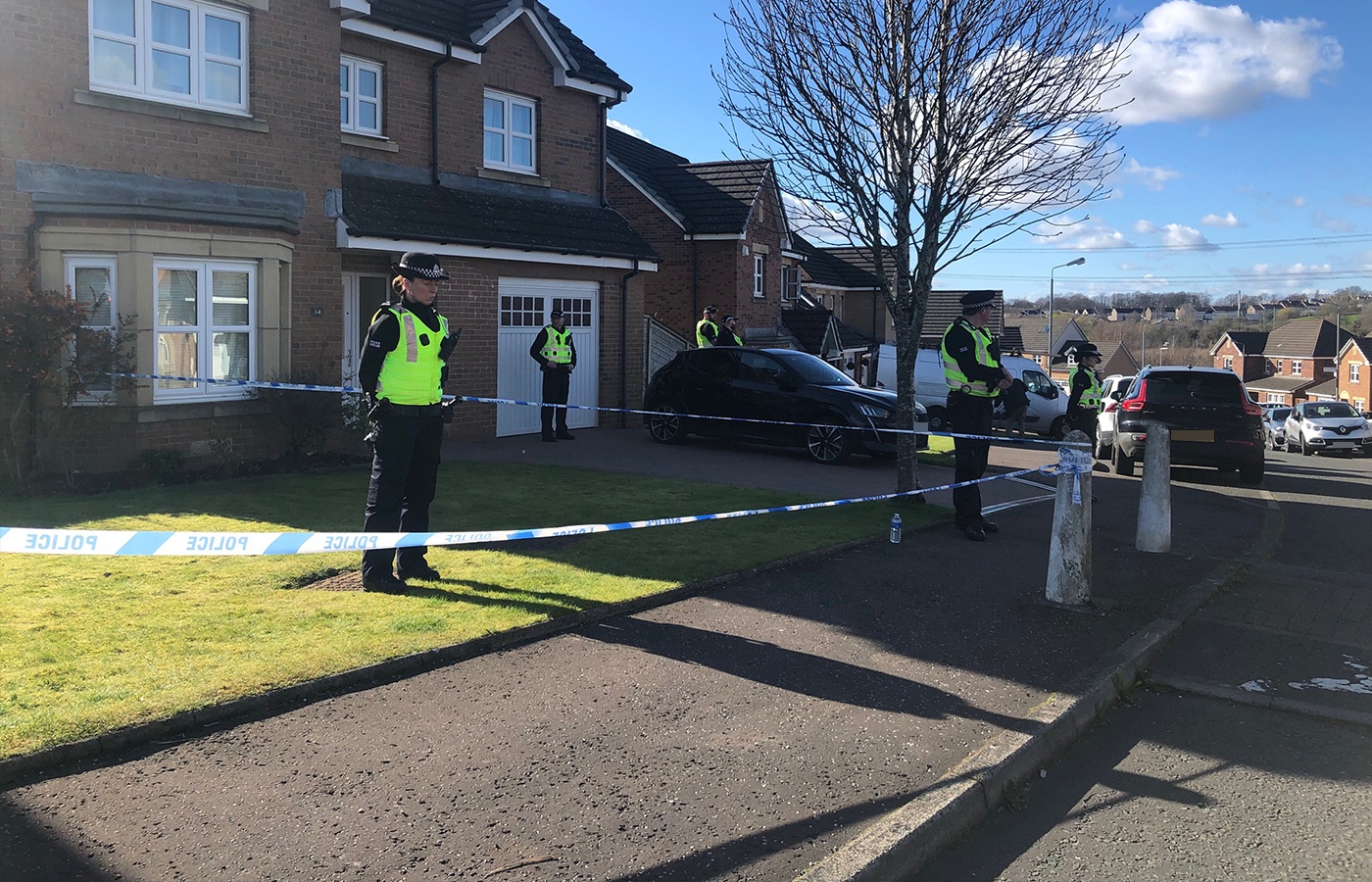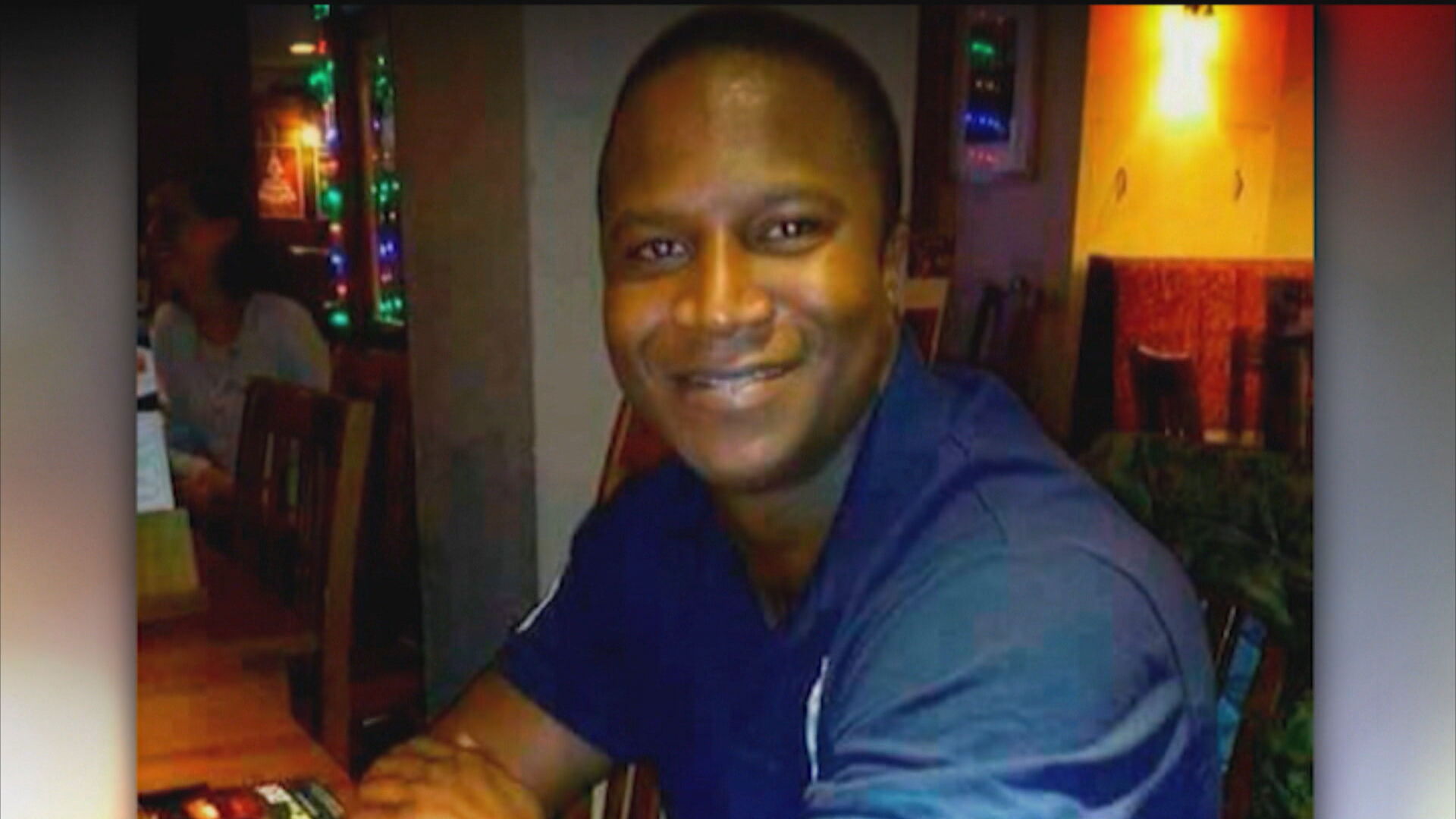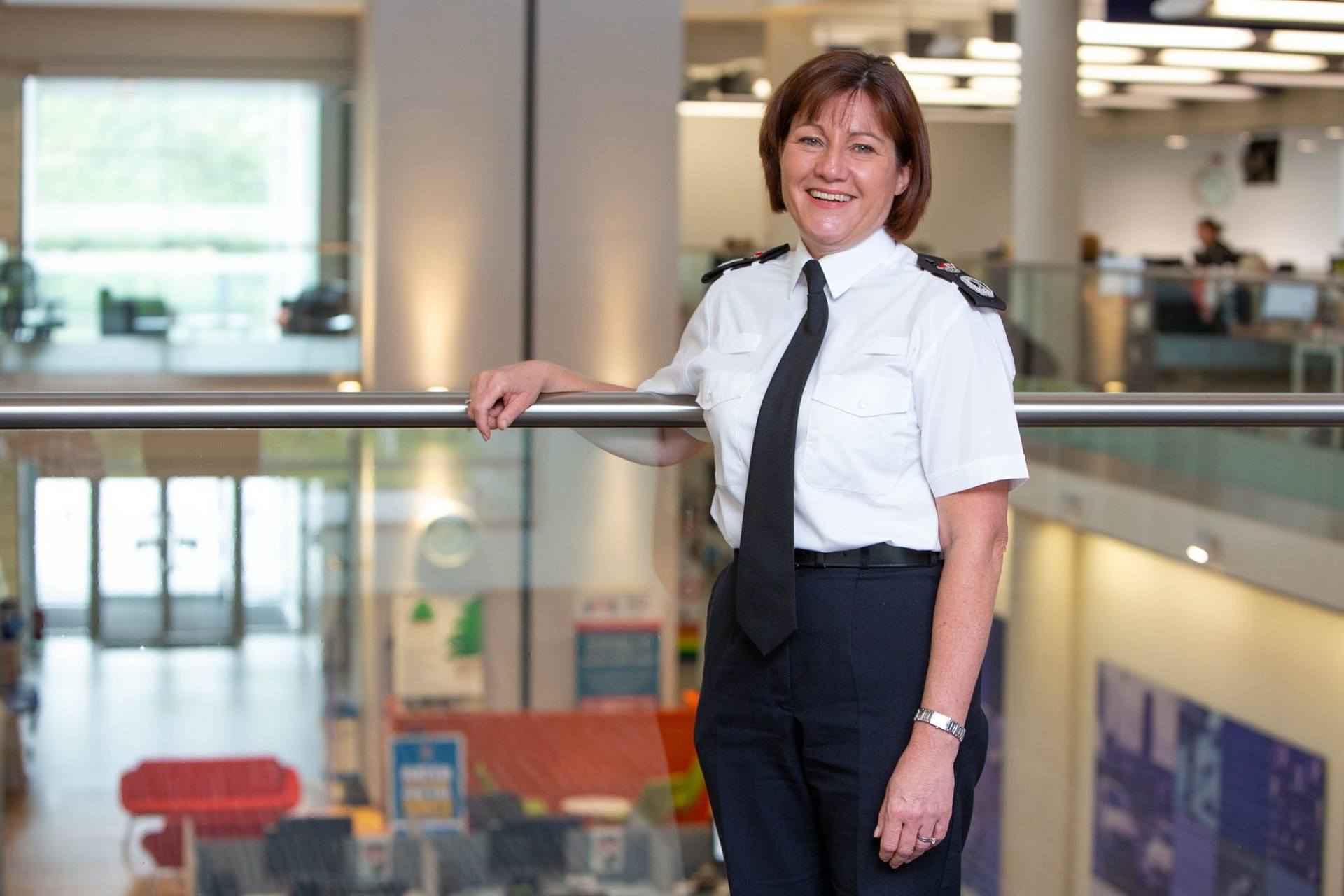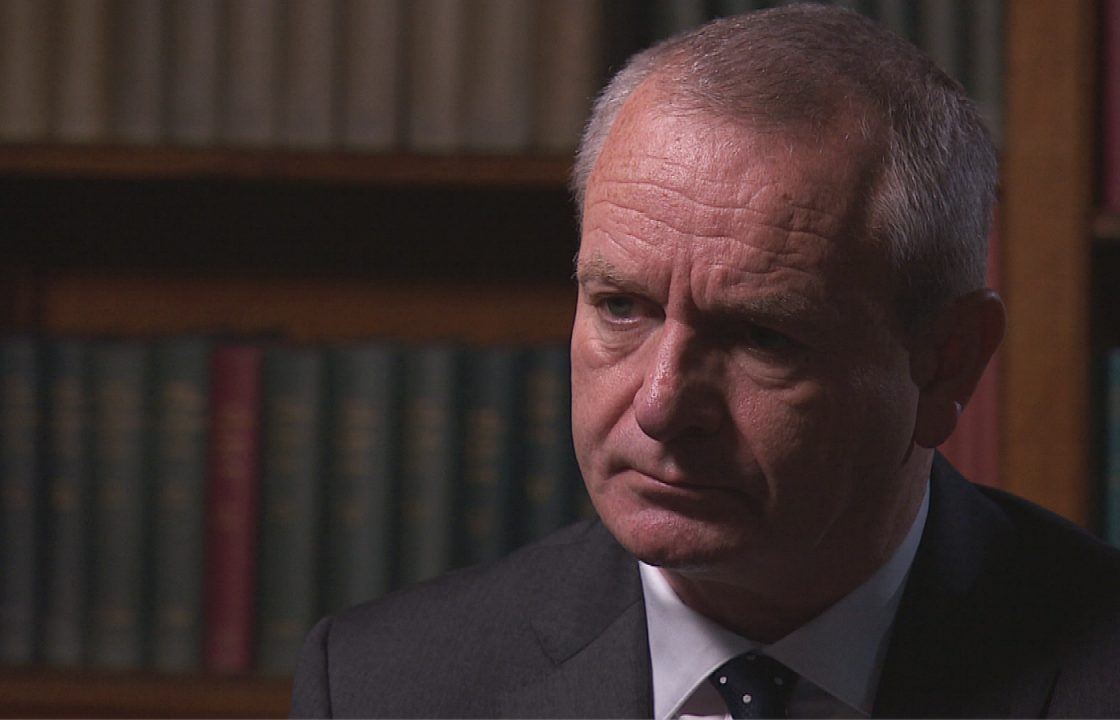Police Scotland‘s outgoing chief constable says it’s “absolutely outrageous” to suggest former First Minister Nicola Sturgeon was tipped off about the arrest of her husband.
Sir Iain Livingstone said nobody at his force informed the Scottish Government that Peter Murrell, the SNP’s former chief executive, was about to be taken into custody in the probe into the party’s finances.
Livingstone was asked by STV News special correspondent Bernard Ponsonby about speculation among MSPs at Holyrood that Sturgeon was informed about her husband’s arrest in advance.
“Categorically not, absolutely outrageous suggestion to imply that I or my investigative team act with anything other than total integrity,” he said.

“When an investigation develops, you have to go and start speaking to other witnesses, you have to go and start to take other steps.
“I do not know the reason that the former first minister resigned but I do know it was certainly nothing to do with any tip-off coming from my office or me personally.”
Sturgeon, Murrell and former SNP treasurer Colin Beattie have all been arrested and subsequently released without charge as part of Police Scotland’s Operation Branchform, which is investigating what happened to around £600,000 raised by the party for independence campaigning.
Murrell was questioned by detectives for 11 hours on April 5 before being released “pending further investigation”.
 STV News
STV NewsA large police tent was set up outside Sturgeon and Murrell’s home, which was taped off for hours.
Livingstone told Scotland Tonight that nobody from Sturgeon’s office had approached police about the status of the police investigation into the SNP’s funding and finances.
“Absolutely not, I don’t think they would,” he said.
“Now, people may feel I could have done other things as the chief constable, that I could have done more of this, less of that, but I don’t think any senior politician, or anybody who has observed policing in the last number of years in Scotland, would think that I am anything other than totally operationally independent – and I guard that rigorously.”

Earlier this year, First Minister Humza Yousaf dismissed claims that the SNP and police were “in cahoots” over the timing of Murrell’s arrest as a “conspiracy theory”.
He said: “The timing of an investigation is absolutely for Police Scotland, that’s not determined by anybody else.”
With calls having been made for Sturgeon to be suspended from the party while the police probe continues, the former first minister said last week she had considered “what is in the best interests of the SNP”.
Speaking to journalists, Sturgeon insisted: “I believe to my very, very core that I have done nothing wrong.”
In a wide-ranging interview on Wednesday, Livingstone also talked of the challenges of trying to improve the police service in an age of financial austerity.
He also mounted a strong defence of his record on changing the force despite saying it is institutionally racist.
Addressing the board of Scotland’s policing watchdog last month, Livingstone said it was “right” for him to “clearly state that institutional racism, sexism, misogyny and discrimination is a reality for Police Scotland”.
It followed the publication of a review of the culture within the force that revealed accounts of racism, sexism and homophobia by serving officers.
“I said it because it’s true, because it’s the right thing to do,” he said, “We’ve been dealing with issues around misogyny and racism within policing, and within society, for many years.
 STV News
STV News“Now undoubtedly, the public inquiry into the death of Sheku Bayoh gave my mind a focus, and my own understanding and awareness of what we mean by institutional discrimination has significantly developed.
“I felt it was the right thing to do for the organisation and, once it’s acknowledged, you state it as a fact. I think it is a fact, I genuinely do, and once you accept it, it then allows you to move on and to take active steps to try and eliminate these harms that exist – not only in policing but across society.”
He added: “I know things are different, I know things are far better than they were when I joined the police service over 30 years ago – we’ve got far greater representation, we’re far more aware of gender issues, of race issues, of all issues in terms of underrepresented groups.
“But we also know our understanding of unseen prejudice, of unintended consequences, from minority groups is now far greater.
“Institutional discrimination remains within policing – by stating it, I think it will act as an accelerator to change, and candidly I think it will act as a leadership accelerant in other sectors of society and hopefully Scottish life in general.
“I don’t think it’s happened in (my tenure of) six years – policing has existed for over 200 years. I think I’ve done more in the last six years than any of my predecessors (to improve the culture at Police Scotland).”
Livingstone, who will retire from policing in the summer, said the main challenge facing his successor as chief constable, Jo Farrell, will be financial sustainability.
 Durham Constabulary
Durham Constabulary“We know that other parts of Scottish public life have had their budgets cut – there are less youth workers now working across local authorities, we know that some of the community health work, and reach out work, has again had a level of cutback because of other demands.
“A lot of that gets displaced onto policing. Our challenge is to continue to be the service of first and last resort, to be there at a time of need for our fellow citizens, but we need to be resourced properly and we need to make sure that we can build a sustainable model going forward.
“Policing in Scotland costs £200m a year – every single year – less than it did prior to 2012. Now that’s the revenue cost of more than three of the legacy forces (prior to the creation of Police Scotland), so we could not have stayed as we were with the budget.”
A serving police officer since 1992 when he joined the then Lothian and Borders force, Livingstone rose to the top of the Scotland-wide force as interim chief in September 2017, before being appointed chief constable in August 2018.

The 56-year-old, who was knighted in January during a ceremony at the Palace of Holyroodhouse, has led Police Scotland through the coronavirus pandemic, the COP26 climate summit in Glasgow, and oversaw the force’s role following the death of the Queen.
Livingstone said he hoped his legacy is giving Scotland’s police force back confidence in its own worth.
“I think the thing I would look back on is giving the organisation – and the men and women who work within the police service of Scotland – a sense of self-esteem back and a sense that they are valued,” he said.
“They are valued by an organisation, they are valued by their chief constable and they are valued by their communities.
“I was going to retire a number of years ago and go on to do a number of other things with my life.
“But I didn’t. I changed my plans with my family because I knew, bluntly, there was a crisis, there was a lack of confidence within the police service and there was certainly a lack of police confidence within the police service from our citizens because of some of the challenges that we have had.
“So the thing I am most proud of is getting the organisation its self-esteem back, so that it can now go and provide service to the people of Scotland.”
Concluding the interview, Livingstone said he now plans to take a rest for at least a number of months.
“I’m going to retire from the police service but I’m not going to retire from life,” he said.
Follow STV News on WhatsApp
Scan the QR code on your mobile device for all the latest news from around the country




























